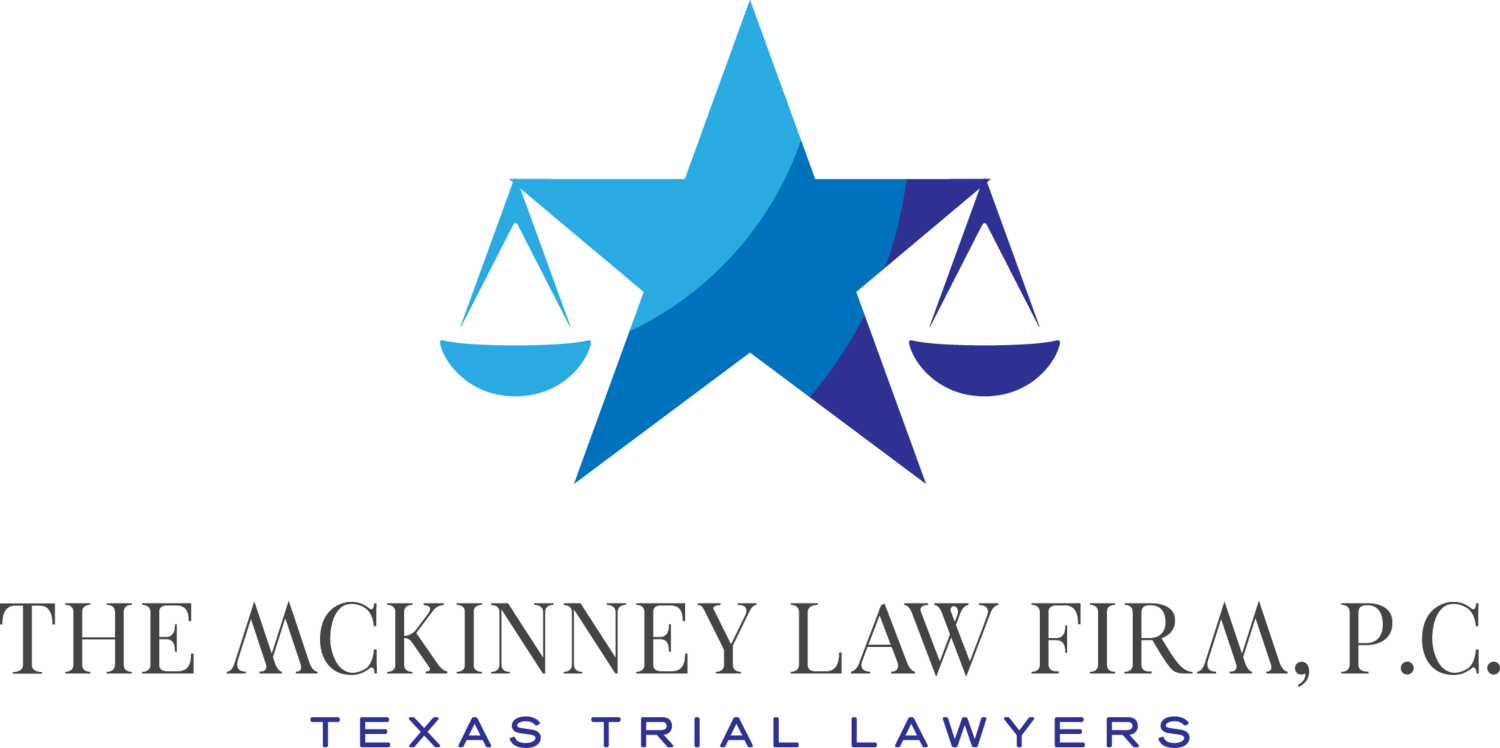Jury awards $3.8M to woman; Employer argued her breastfeeding schedule was 'excessive'
/An Arizona jury has sided with a breastfeeding paramedic, awarding the nursing mother $3.8 million for her lawsuit alleging she wasn't provided a lactation space as required by federal law.
Carrie Ferrara Clark sued the City of Tucson Fire Department, alleging that it violated federal employment laws when it failed to provide her with an appropriate lactation room on a consistent basis and when it retaliated against her for complaining about the issue. Her lawsuit alleged that the fire department's scheduler said he didn't believe she deserved any special accommodations. The HR manager also recommended that she use fire chiefs' and captains' bedrooms for pumping as needed, but Clark explained that waking up her supervisors every 2 to 3 hours seemed unreasonable. HR then told her "your pumping seems excessive to me.” When she tried to explain that such a schedule was normal for a newborn, the HR manager replied "well, it seems to me that you're not fit for duty."
A jury found the employer liable for discrimination and retaliation, awarding her $3.8 million. It found, among other things, that the employer discriminated against her because she was breastfeeding and that it assigned her to fire stations that did not have a space that complied with federal requirements for expressing breast milk.
The Fair Labor Standards Act (“FLSA”) states that employers are required to provide “reasonable break time for an employee to express breast milk for her nursing child for 1 year after the child’s birth each time such employee has need to express the milk.” Employers are also required to provide “a place, other than a bathroom, that is shielded from view and free from intrusion from coworkers and the public, which may be used by an employee to express breast milk.”
Employers are not required under the FLSA to compensate nursing mothers for breaks taken for the purpose of expressing milk. However, where employers already provide compensated breaks, an employee who uses that break time to express milk must be compensated in the same way that other employees are compensated for break time.










